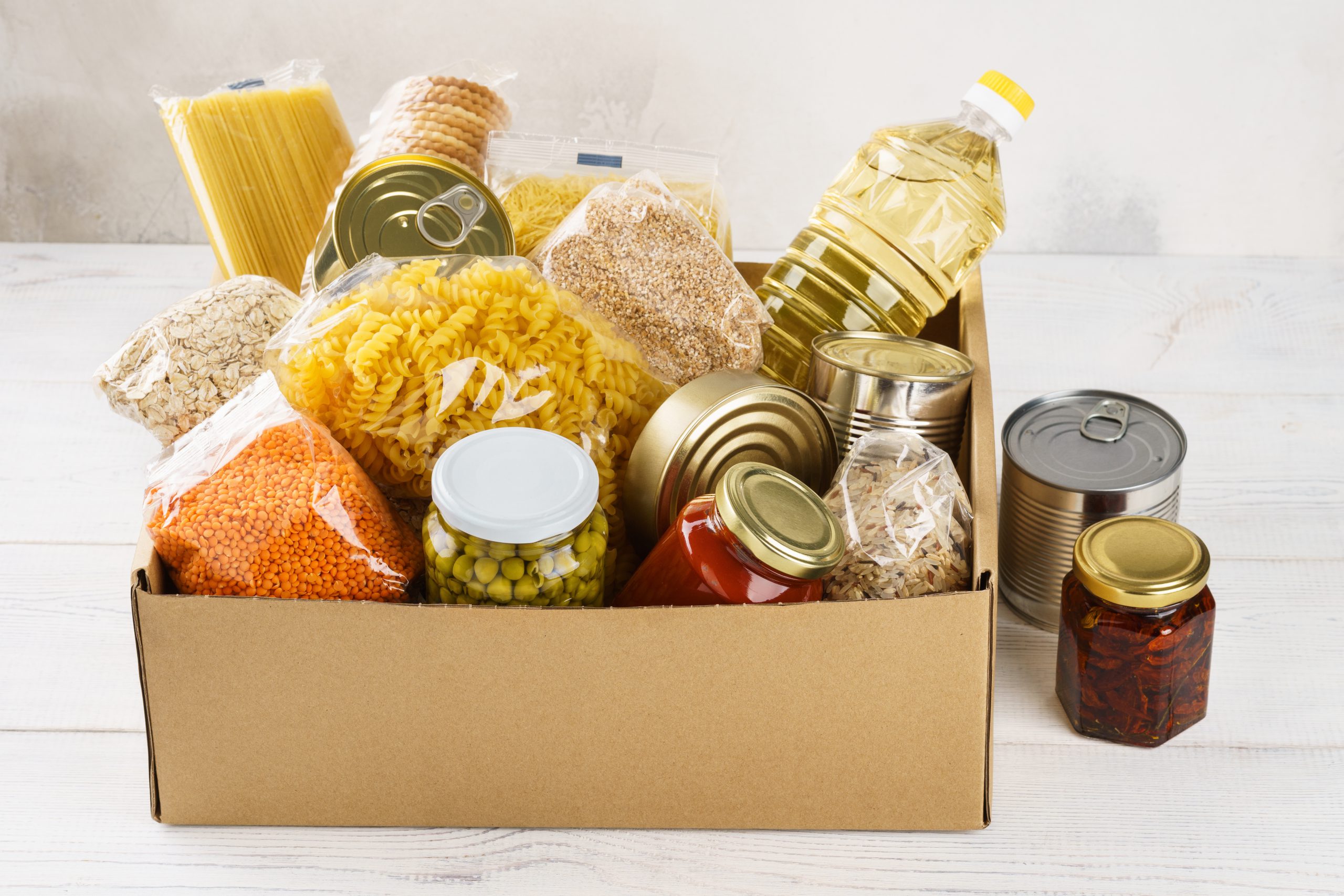Scotland readies to showcase green AgriFood innovation at COP26

As Glasgow readies to play host to the United Nations’ Climate Change Conference (COP26) this November, Scotland will showcase how innovation is driving greater sustainability in the agrifood sector.
Food poverty, supply shortages and restrictions that shut huge swathes of the hospitality industry, meant 2020 was a year like no other for Scotland’s food and drink sector.
And with many of us spending more time at home than ever before, where and how our food has been produced – and how we can safely access it – has been pushed to the forefront of consumers’ minds.
As Glasgow readies to play host to the United Nations’ Climate Change Conference (COP26) this November, the opportunity to showcase how innovation is driving greater sustainability of Scotland’s agrifood sector – and meeting consumers’ desire for a greener production process – has never been more prominent.
Growth ambitions
Scotland’s food and drink industry is worth £15 billion, according to industry association Scotland Food and Drink, and employs more people than any other sector. It has also seen its exports more than double over the past 10 years.
Innovation sits at the heart of the country’s growth strategy, Ambition 2030, which sets out Scotland’s vision for it to be ‘recognised at home and aboard as a model of collaboration and a world leader in responsible, profitable growth’.
The pandemic sent shockwaves across Scotland’s food and drink producers but instead of putting this ambition in doubt, an innovative mind set quickly set in. Distilleries such as Orkney Distilling and Matugga Rum and brewers like Ellon-based Brewdog rapidly switched capabilities to fill exposed gaps in sanitiser production and producers across the country adapted business models to facilitate online, takeaway and delivery supplies.
Rapid changes
The KTN is working closely with organisations such as Scotland Food and Drink and schemes like Make Innovation Happen to support the sector through these rapid changes.
Debbie Tully, Knowledge Transfer Manager for AgriFood at KTN, says businesses faced the initial ‘nightmare scenario’ with huge resilience and the desire to build on ambitions remain. ‘We are now seeing that interest in innovation – in particular with regard to sustainability and the circular economy – is quite buoyant. For some, this period has been an opportunity to have the time to think more creatively or pursue a new direction that perhaps they hadn’t had the opportunity to do so.’
Dr David Telford, Head of AgriFood at the KTN, says innovative businesses right across the breadth of the agrifood sector are once again looking forward with positivity and ambition. His team are seeing more enquiries than ever from their 10,000-strong network of agrifood innovators.
‘Scotland’s food and drink businesses are well positioned to benefit from both the UK support schemes such as funding from Innovate UK, and the local infrastructure and innovation eco-system,’ he says.
‘Scotland has always had a strong agricultural and food production heritage, as well as an excellent research base – for example, Scotland is home to the largest concentration of animal science related expertise anywhere in Europe. The Scottish agrifood sector are hugely committed to innovation. At the heart of that is a focus on sustainability and a move towards net zero in all aspects of the production process.’
Sustainability in focus
While work was already underway in Scotland to deliver novel production systems and improve product efficiency to support UK net zero ambitions, COVID-19 only put this into greater focus.
Telford says a key project the KTN supported was to work out how charity FareShare could take the surplus food it received from retailers and manufacturers to the communities who need it the most, in the most efficient way.
By convening mathematical scientists they used the latest modelling techniques to determine the ‘best’ distribution infrastructure to meet today’s demand and predict how it might change in the future.
And this drive towards a greener approach is starting right at the ‘pre-farmgate’ stage of the food production process. Another company supported by KTN are the insect protein specialist BetaBugs, based at the Roslin Innovation Centre, who are just one example of a company tapping into Scottish expertise to realise the potential opportunities that can be made in efficiency, quality of produce and ease of farming.
As Scotland prepares to garner world attention as the host of COP26, the wealth and breadth of its sustainable agrifood innovators will be at the centre of the international spotlight.
Related Content
Related Opportunities
Farming Innovation Pathways (FIP) – feasibility studies
Opens: 01/03/2021 Closes: 28/04/2021
UK registered businesses and research organisations can apply for a share of up to £5 million for feasibility studies to address the farming challenges of productivity, sustainability, and net zero emissions.
More Information
Farming Innovation Pathways (FIP) – industrial research
Opens: 01/03/2021 Closes: 28/04/2021
UK registered businesses and research organisations can apply for a share of up to £7 million for industrial research to address the farming challenges of productivity, sustainability, and net zero emissions.

